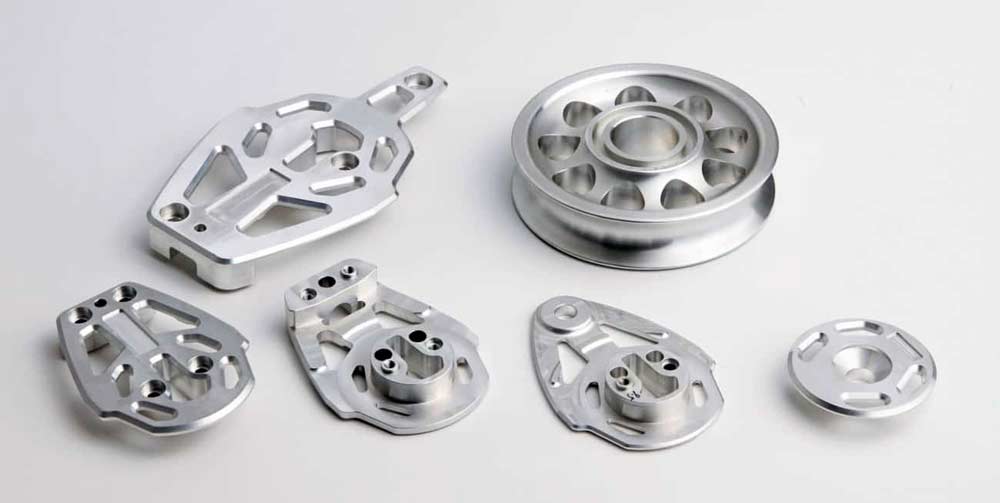Aluminum precision CNC machining has become an important manufacturing process in many industries, as it allows for the production of high-quality cnc aluminum parts with precision, efficiency, and versatility. However, like all manufacturing processes, it has an environmental impact that must be considered. This article will explore the environmental impact of aluminum precision CNC machining, including energy consumption, waste generation, and carbon emissions. We’ll also discuss the sustainable practices and technologies manufacturers implement to reduce their environmental footprint.
Energy Consumption
Energy consumption is one of the main environmental effects of aluminium precision CNC machining. The machines, tools, and equipment used in machining consume a lot of energy. Additionally, the extraction and refinement of aluminium from bauxite ore consume significant energy in producing aluminium alloys.
Manufacturers are implementing energy-efficient practices and technologies, such as using more efficient motors, maximizing machine settings, and using renewable energy sources like solar or wind power, to reduce energy consumption. For instance, some manufacturers have upgraded their air conditioning and heating systems, installed energy-efficient lighting systems, and installed motion sensors to turn off equipment when it isn’t in use.
Waste Generation
Another environmental impact of aluminum precision CNC machining is waste generation. The machining process generates various types of waste, including scrap metal, cutting fluids, and packaging materials. These wastes can pose environmental and health hazards if not managed properly.
To reduce waste generation, manufacturers are implementing waste reduction and recycling programs. For example, some manufacturers recycle scrap metal to make new parts or products. Others are using closed-loop cooling systems that recirculate cutting fluids to minimize waste. Additionally, manufacturers are implementing lean manufacturing practices, which focus on reducing waste and optimizing efficiency.
Carbon Emissions
Aluminum precision CNC machining also generates carbon emissions, contributing to climate change. Carbon emissions are produced during the machining process’s energy generation and consumption stages. Additionally, the production of aluminum alloys also generates carbon emissions due to the energy-intensive processes involved.
To reduce carbon emissions, manufacturers are implementing carbon reduction and offsetting programs. For example, some manufacturers use renewable energy sources like solar or wind power to power their machines, while others invest in carbon offset projects like reforestation or renewable energy. Additionally, manufacturers are implementing sustainability reporting frameworks like the Global Reporting Initiative (GRI) to track and report their carbon emissions and sustainability performance.
Sustainable Practices and Technologies
Manufacturers are implementing various sustainable practices and technologies to reduce the environmental impact of aluminum precision CNC machining. These include:
- Lean manufacturing practices focus on reducing waste and optimizing efficiency.
- Closed-loop cooling systems, which recirculate cutting fluids to minimize waste.
- Energy-efficient technologies and practices include using more efficient motors, optimizing machine settings, and using renewable energy sources like solar or wind power.
- Recycling programs recycle scrap metal and other materials to make new parts or products.
- Carbon reduction and offsetting programs reduce carbon emissions and invest in carbon offset projects.
Conclusion
Aluminum precision CNC machining has become an essential manufacturing process in many industries, but it has an environmental impact that must be considered. Manufacturers are implementing various sustainable practices and technologies to reduce the energy consumption, waste generation, and carbon emissions associated with aluminum precision CNC machining. By adopting these practices and technologies, manufacturers can minimize their environmental footprint and contribute to a more sustainable future.
